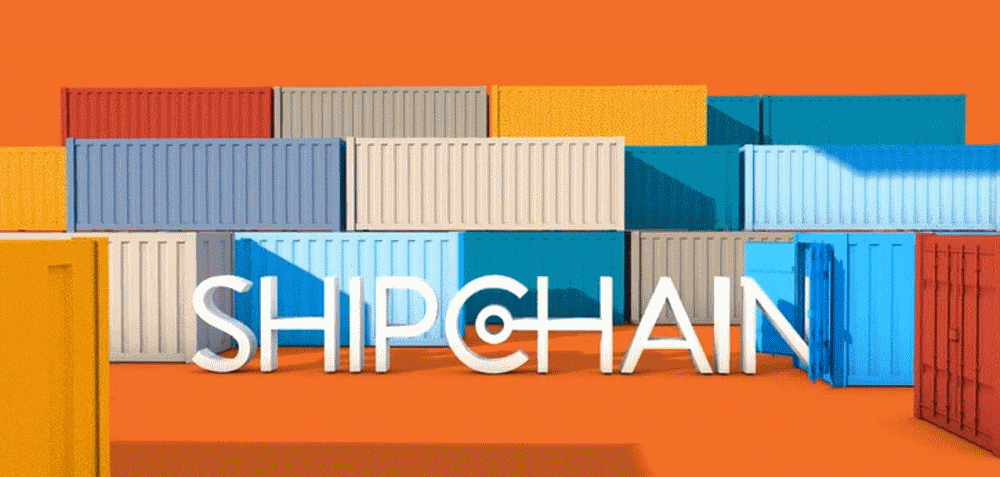
The South Carolina attorney general’s office last week vacated a cease-and-desist order that prevented the cryptocurrency-based logistics startup ShipChain from doing business in the state since May 21.
The startup, based in Greenville, South Carolina, had been hit with the order as part of a broad, nationwide crackdown on cryptocurrencies by state attorney generals. ShipChain had decried the order as lacking merit, saying it was made “without any prior notice or inquiry” and that “the order does not state what the evidence is or who made the accusations.”

The attorney general’s office said it had received “information regarding matters detailed in the Administrative Order” sufficient to convince it to vacate the order.
ShipChain’s concept
ShipChain’s concept is to use cryptocurrency (also known as tokens) called a SHIP coin to underpin a visibility platform that connects shippers with carriers. The platform, which ultimately seeks to replace the position of brokers in freight transportation, also includes incentive programs to induce carriers to participate and provide timely and accurate data. Additionally, it also has the option of carrying out an instant crypto exchange to other cryptocurrency.
The ShipChain platform is based on ethereum, a type of cryptocurrency upon which smart contracts can be built. Smart contracts are mechanisms where certain actions automatically trigger other actions based on a set of code defined by the parties. Although smart contracts exist without blockchain, they have been touted as one of the biggest potential use cases for blockchain.
Cryptocurrency associated with a particular use case (such as ShipChain’s) is generated by an entity, which then typically disperses those tokens to a number of parties, including industry participants and outside investors. The company typically keeps a certain percentage of the tokens for itself.
The idea is that the currency will gain value as it is used to underpin transactions and because there is a finite number of tokens generated.
In the first half of 2018, the federal government, through the US Securities and Exchange Commission, tried to crack down on the number of cryptocurrency offerings, generally made through a process called an initial coin offering (ICO), and individual states, under the auspices of the North American Securities Administrators Association (NASAA), have made similar moves.
ShipChain was swept up in a “coordinated series of enforcement actions by state and provincial securities regulators in the United States and Canada to crack down on fraudulent [ICOs], cryptocurrency-related investment products.”
“Operation Cryptosweep”
The NASAA said the initiative, called “Operation Cryptosweep,” resulted in nearly 70 inquiries and investigations and 35 pending or completed enforcement actions related to ICOs or cryptocurrencies since the beginning of May.
Among other things, ShipChain had argued that its token was not a security and that its private sale of tokens was conducted before the company moved its headquarters to South Carolina.
ShipChain has been among a select group of blockchain- and token-based startups that believe the future of logistics is tied to so-called public (or permissionless) blockchain solutions.
Most current supply chain networks are private, or permissioned, meaning a party (or parties) gives permission to other parties to either add or access data (or both).
“We firmly believe that public blockchains are the true game-changing technology,” said ShipChain’s CEO, John Monarch. “There really isn’t much to gain for an enterprise by using private or permissioned blockchain systems, due to the lack of inherent trust in them — they could just as well use a centralized database, as it would behave the same. A public blockchain, with its incentive mechanisms such as tokens, truly fosters the trust of the ecosystem without having to trust all of the players involved.”
Among other prominent logistics-based cryptocurrencies are those launched by Hong Kong-based 300Cubits, Denmark-based Block-shipping, and Slovenia-based CargoX.
www.joc.com

